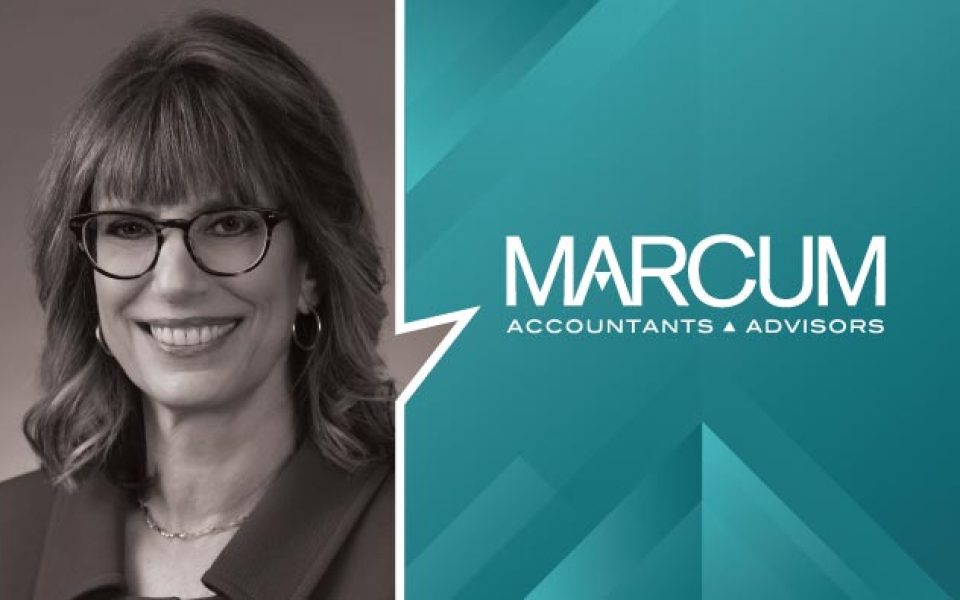Carolyn Mazzenga, partner in charge of the Melville office, quoted in Long Island Business News article
Lawyers, accountants try working together
Long Island Business News
By Jeff Miller

Excerpt:
There stands the jungle, with its dense legal kudzu and twisting tendrils of ever-changing tax codes. And here come the pith-helmeted lawyers and accountants, trying to hack their way through to the clearing of an agreement.
These days, “cutting a deal” isn’t just an expression. And sometimes, in the heat of battle, you might forget who’s supposed to chop what.
“That’s exactly what happened,” said Gerard McCreight, an associate with the law firm Bracken Margolin Besunder in Islandia. The deal, about a year and a half ago, involved two men who had formerly partnered under a shareholders’ agreement but now wanted to form an LLC. They weren’t coming 50-50 to the table; one brought more cash and equipment, the other more intellectual property.
“How should we value them?” McCreight asked. No problem with the capital and equipment, but the intellectual property included “dozens of domain names that were critical to the function of the company.”
Then there were broader aspects that spilled out into the personal side, mainly involving tax impacts. Somewhere in the jungle of the conference room, all hands were hacking at the undergrowth until the attorney suddenly felt red flags unfurling.
“It’s important to recognize the limits of your practice,” McCreight said. “When you’ve stopped giving legal advice and started giving tax advice, unless you’re a tax attorney, which I am not, you need to recognize where you might be trespassing and giving bad advice.”
Same thing from the other side of the issue. “You’ve got to be careful not to overstep your boundaries,” said Neal Korenberg of the accounting firm Castellano & Korenberg in Westbury. “I’ve got a client now who’s considering selling his business. We’ve had a series of meetings and there are times when I’ll ask or speak about things where I want to confirm that my client is protected in some area. I’m thinking more like an attorney than an accountant in those times.”
At issue is a food manufacturing business in Brooklyn. Areas of concern for Korenberg included potential pitfalls like bankruptcies, supply disruptions, union strikes. “I felt these aspects needed to be further defined, and certain exceptions laid out,” Korenberg said. “I found myself thinking more like a lawyer, looking to protect my clients. Sometimes it’s hard to keep it straight. A good accountant should always protect his client, but when you have an attorney involved you have to assume all those areas are being covered.”
Back on the lawyer side, Peter Papagianakis of Business Law Firm in Mineola divides the question into low-end and high-end action. If the project is relatively straightforward, like forming a simple LLC, he may tell a client it can be OK, and cheaper, to have an accountant do it. But on the high end, where complications run thick and deep, most accountants and lawyers are too disciplined and professional to stray onto the others’ turf. Nevertheless, he said, there are occasional cases of overstepping by gunslingers on either side.
Carolyn Mazzenga, partner in charge of the Melville accounting office of Marcum, specializes in services for high-net-worth individuals and sees frequent interweaving of lawyer/accounting roles. “But the client best served is the one who uses both to do their specialties,” she said. “They certainly should not step on each other’s toes. Having said that, sometimes an attorney will put an estate plan in place and maybe not take it as far as needed, or not take into account all the compliance issues involved. It’s less about stepping on toes than not working collaboratively.”
Fred Skolnik had some accounting background before becoming a lawyer, so he has “sort of a working knowledge” of accounting matters. Now a partner at Certilman Balin Adler & Hyman specializing in corporate and securities law, he said, “I can’t give advice but I know how to spot an issue.” He sees the attorney as “kind of the quarterback in a deal,” the one who “brings in the experts as he or she needs them.” As Papagianakis remarked, overstepping at this level is rare, although “there are people out there who think they know it all, I guess, in any situation.”
“I’ve seen deals on the table where an attorney is presented with the facts but really didn’t have all the facts,” said Mark Meinberg of Feldman, Meinberg accountants in Syosset. Same sort of situation as the one at the top: formation of an LLC, but in this case cost and tax impacts weren’t fully explored. “It prevented a deal from happening,” Meinberg reported.
Joe Martello of Horan Martello & Morrone accountants in Hauppauge said his practice, specializing in health care business, rarely sees confusion of roles with lawyers. On the other hand, with the new health codes, he thinks a strong case could be made for another kind of crossover. “Maybe we should be billing for therapy,” he said.


















